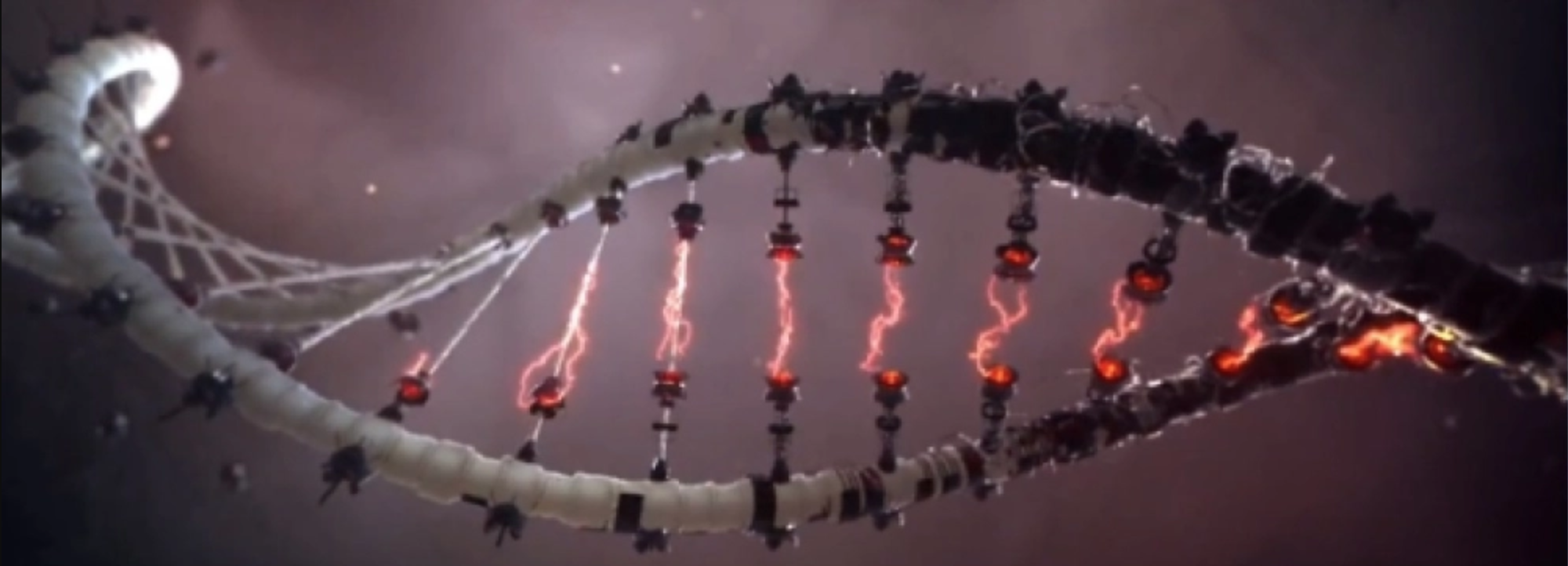Det høres kanskje i overkant ambisiøst ut, men for deltagerne på Singularity University, stiftet av Ray Kurzweil sammen med Peter Diamandis, er målet nettopp å gjøre livet bedre for 1 milliard mennesker i løpet av 10 år.
Jeg syns Wikipedia forklarte Singularity University bra:
Singularity University is an academic institution in Silicon Valley whose stated aim is to “assemble, educate and inspire a cadre of leaders who strive to understand and facilitate the development of exponentially advancing technologies and apply, focus and guide these tools to address humanity’s grand challenges.”
Running contemporaneously with the International Space University, Singularity University is not an accredited four-year university, but is instead intended to supplement traditional educational institutions. It offers an annual ten-week summer course intended for graduate and post-graduate students and ten day programs for senior corporate executives and senior government leaders. The first Graduate program began in June 2009, with full tuition costing US$25,000 (although a majority of the participants were provided full or partial scholarships). The inaugural 2009 class was limited to forty fellows chosen from over 1,200 applicants. Eighty graduate and postgraduate students were accepted for the graduate course beginning summer 2010 from a pool of 1,600 applicants. The low acceptance rate and high demand for entry have allowed Singularity University to assemble some of the smartest people on the planet, dedicated to solving the world’s most pressing problems.
På Singularity University lærer studentene om utviklingen innen mange spennende teknologier, og får høre hvor det er sannsynlig at teknologiene er om 5 og 10 år. På 10-ukers-kurset deles studentene inn i grupper der de skal komme opp med prosjekter som utnytter fremtidens teknologi til beste for menneskeheten.
Ett av prosjektene fra i sommer er Future Food For Cities, der målet er å bruke aeroponics til å produsere mat i bygninger i byene, og selge maten i en butikk i samme bygning.
Et annet prosjekt fra i sommer er Providing Low-cost Clean Water for a Billion People. Prosjektet vil utnytte fremskritt innen syntetisk biologi, nano-teknologi og sol-energi til å lage små, men effektive anlegg som gjør saltvann om til drikkevann. Som de sier selv:
Our solution could provide an abundance of clean, potable water for agriculture and many of the more than 1 billion people who need it most. Ultimately, it could help green the deserts. This would result in less disease, lower mortality, greater access to education for the women who spend billions of hours collecting water each year, and potentially also prevent water wars.
